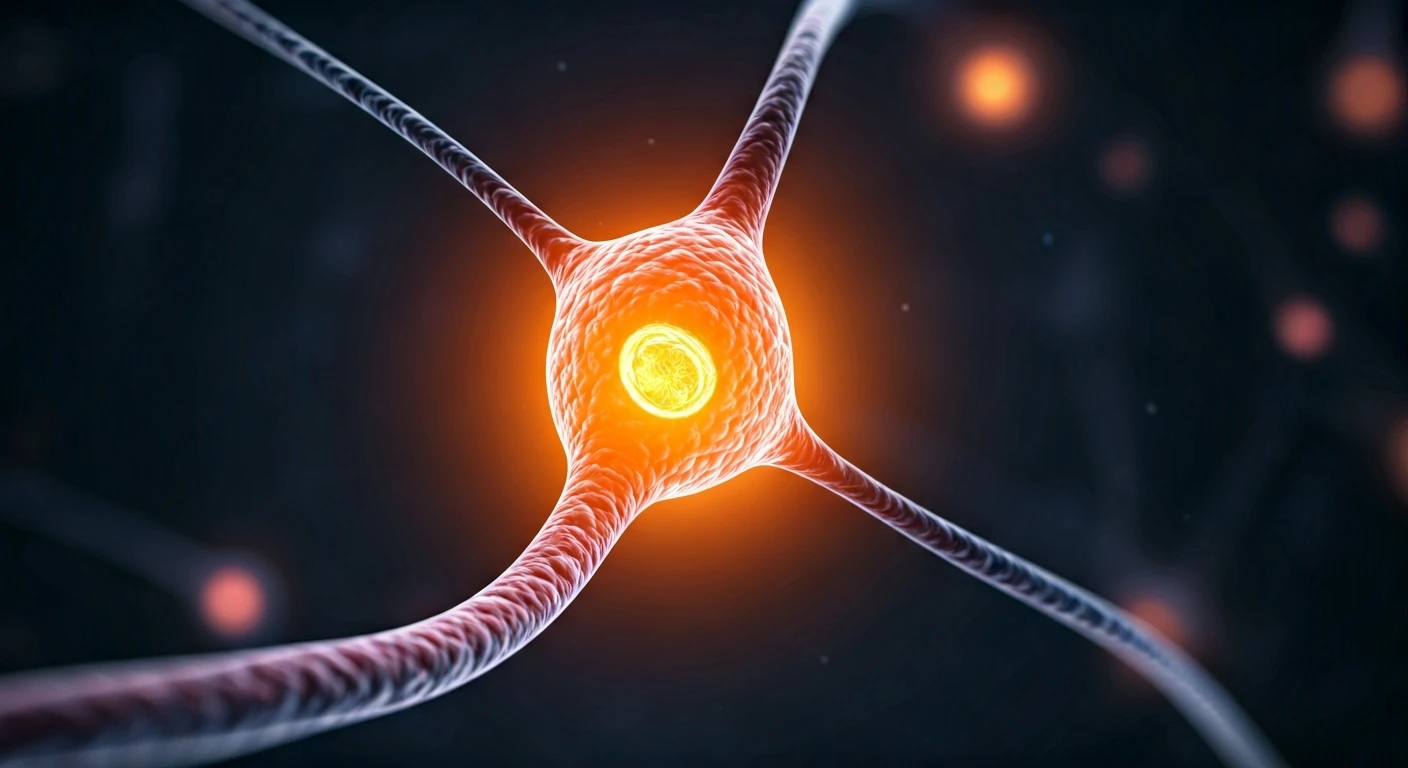Food Combining Basics
Food combining involves eating different food groups at separate times. The fundamental idea is that it simplifies digestion. Advocates believe that certain
food combinations can interfere with the digestive process, causing gas, bloating, and other digestive issues. The main food groups include proteins (meat, fish, eggs), carbohydrates (grains, starches), and fruits and vegetables. The basic rules often suggest separating proteins and starches, and eating fruit on its own. Other suggestions include avoiding combining proteins with carbohydrates in the same meal, and consuming fruits at least 30 minutes before or after a meal containing other food groups. Adherents to this approach commonly believe that it enhances digestion and improves overall well-being.
Principles of the Diet
The principles of food combining revolve around the belief that different foods require different digestive environments. For instance, protein digestion thrives in an acidic environment, while carbohydrate digestion functions best in an alkaline environment. Combining proteins and carbohydrates in one meal, according to some proponents, forces the stomach to adjust its acidity levels, which may hinder efficient digestion. Some believe that specific enzymes are needed for the breakdown of certain food groups. Mixing those groups could cause an overload in the digestive system. A key principle is mindful eating, encouraging individuals to pay attention to how their bodies react to different food combinations. The aim is to achieve digestive efficiency.
Potential Benefits Explored
Proponents of food combining suggest that it may offer several benefits. Improved digestion is a primary claim. By separating food groups, the digestive system supposedly works more efficiently, minimizing bloating, gas, and other discomforts. Enhanced nutrient absorption is another often-cited advantage. When the digestive system isn't overwhelmed, it can better absorb essential nutrients from food. Some people report increased energy levels. Some enthusiasts have noticed weight management benefits. It is also believed to improve overall well-being and reduce the burden on the digestive system. However, scientific evidence supporting these benefits remains limited.
Food Combining: Downsides
While food combining has some enthusiasts, there are potential drawbacks. Following strict rules can lead to a restricted diet, making it harder to get all the necessary nutrients. It also requires careful meal planning and preparation, which can be time-consuming. There is limited scientific evidence to support most of the benefits claimed by food combining advocates. A restrictive diet can lead to social difficulties and may be challenging to follow long-term. Those with certain medical conditions should consult a healthcare professional before adopting this dietary approach. Individuals may not fully adhere to the dietary requirements for the long term.





















